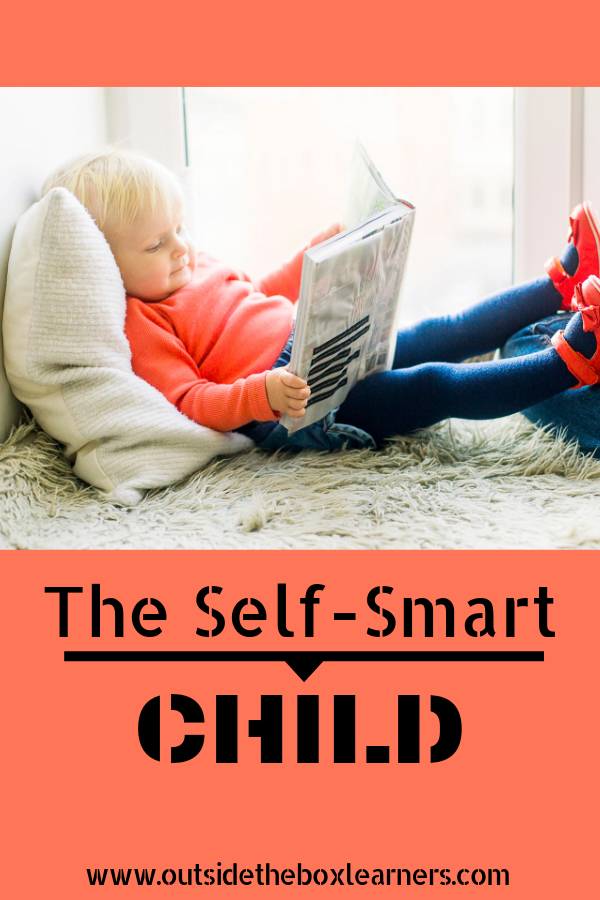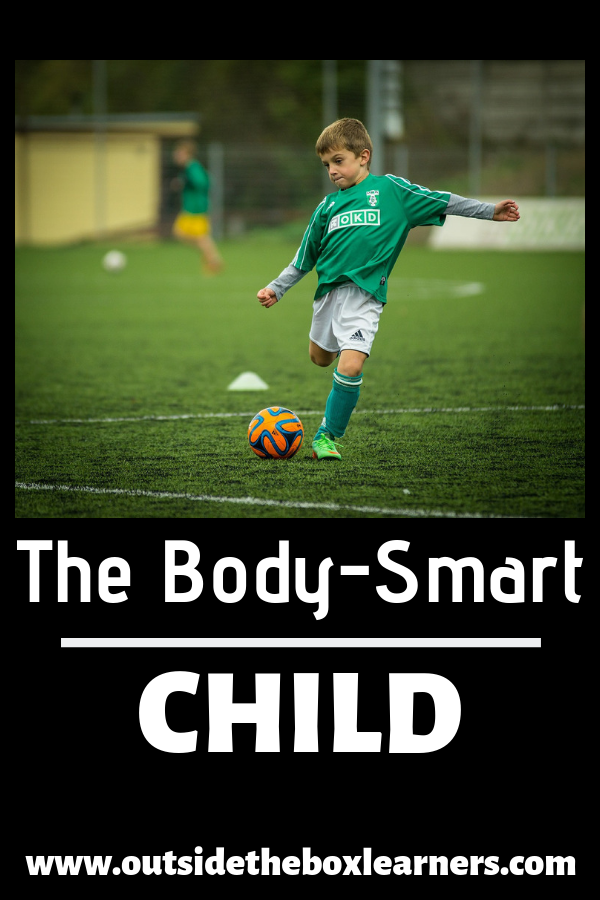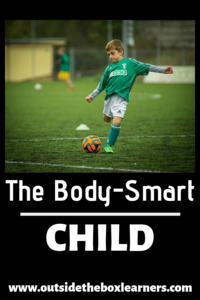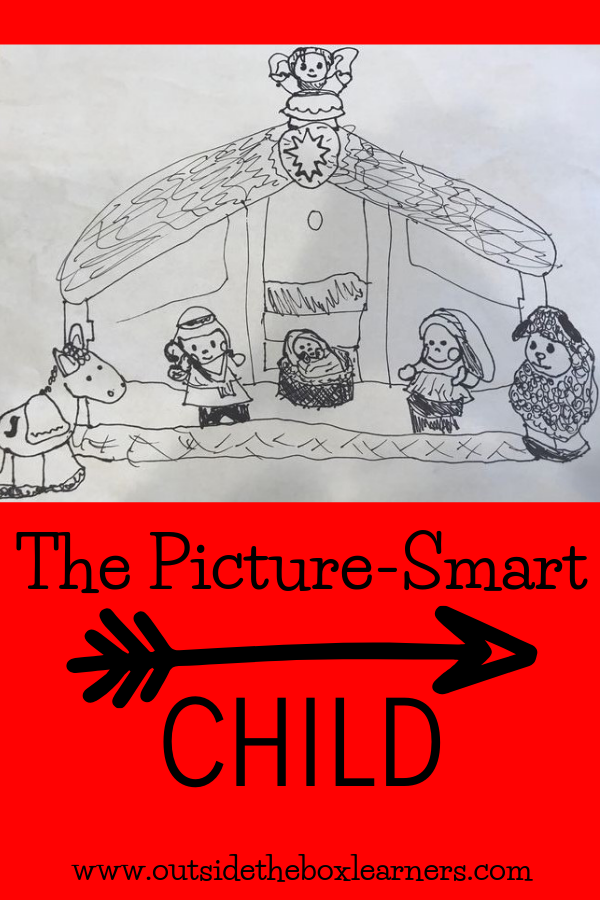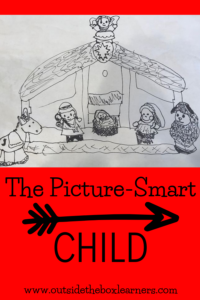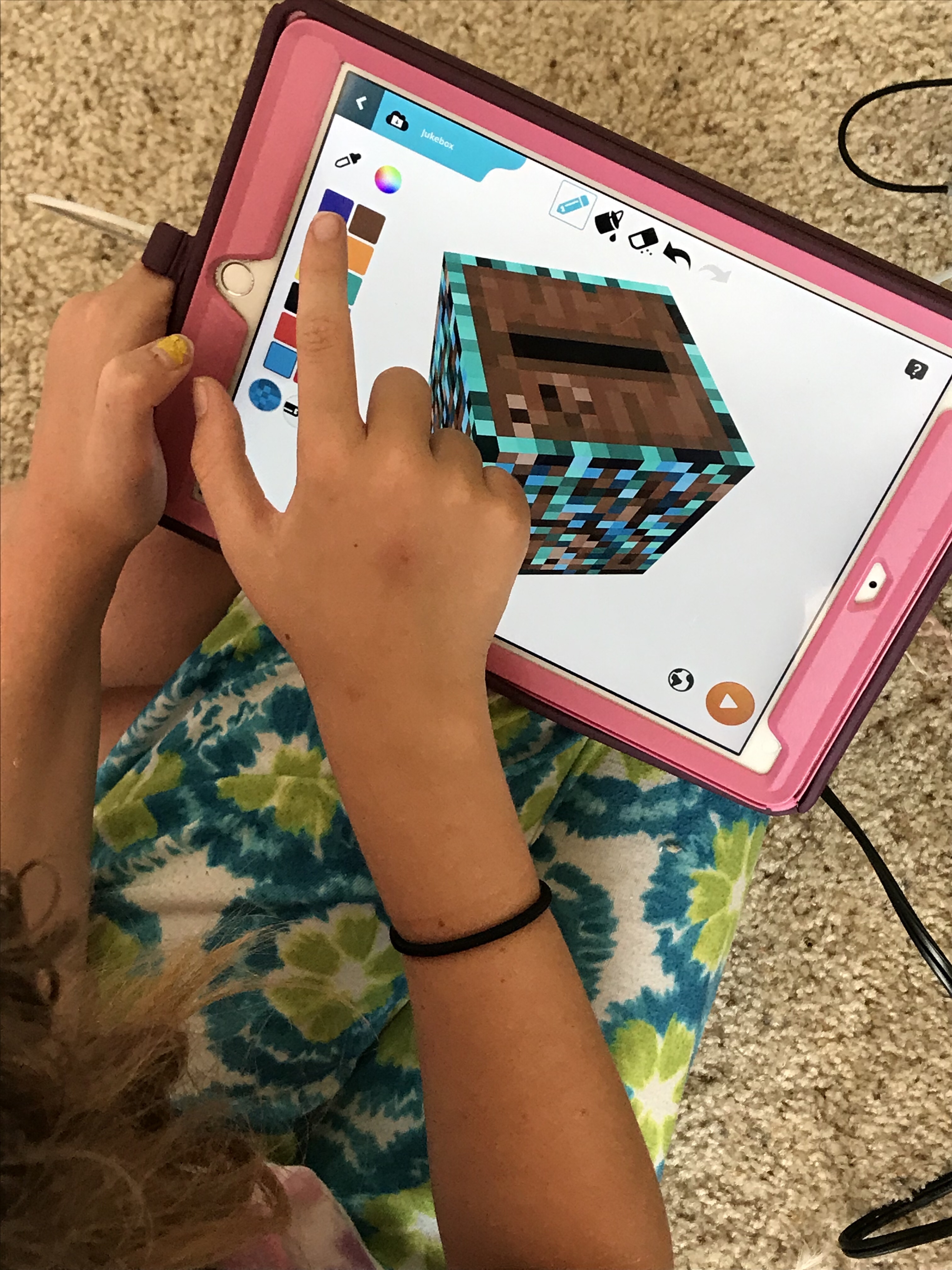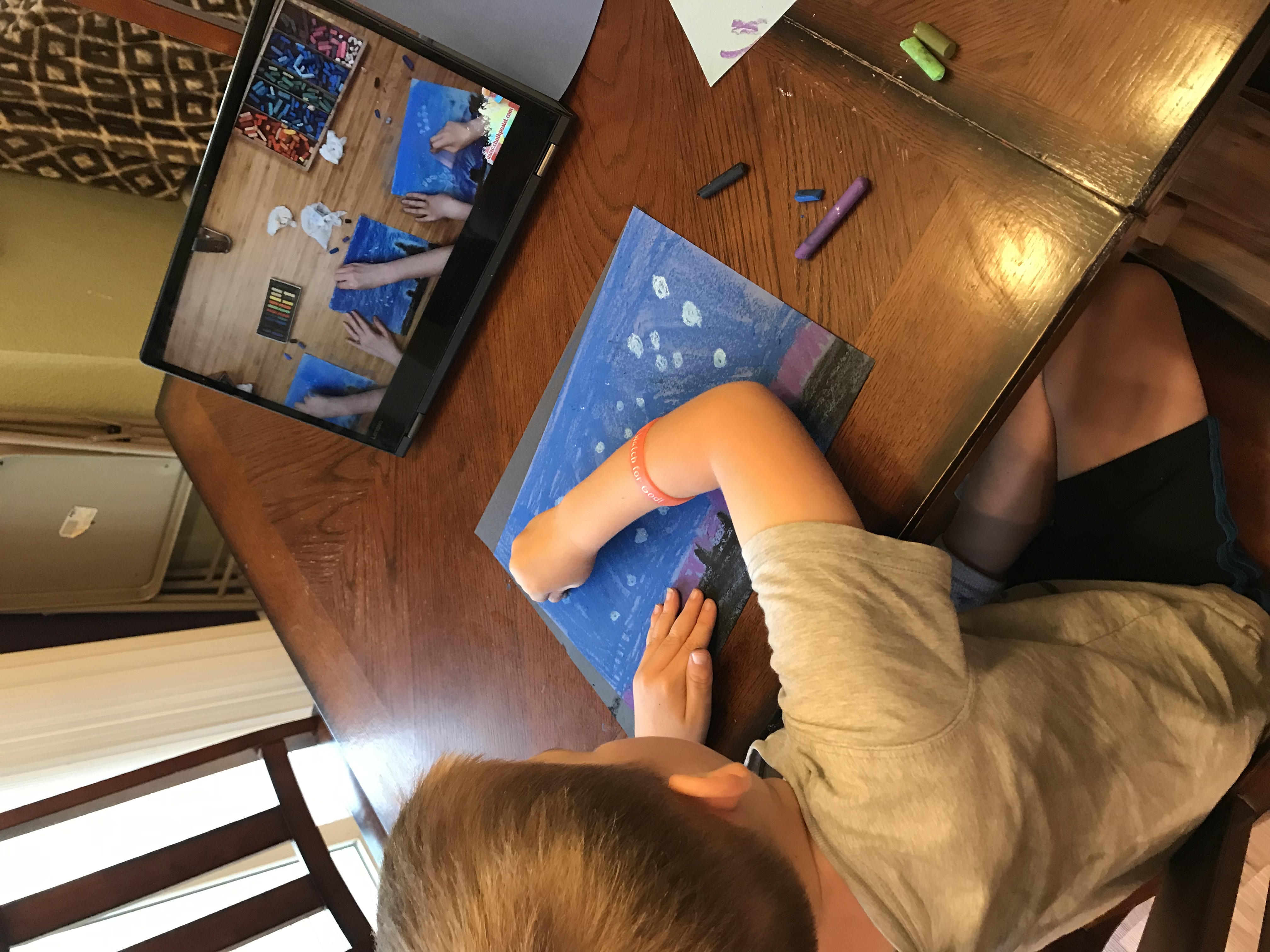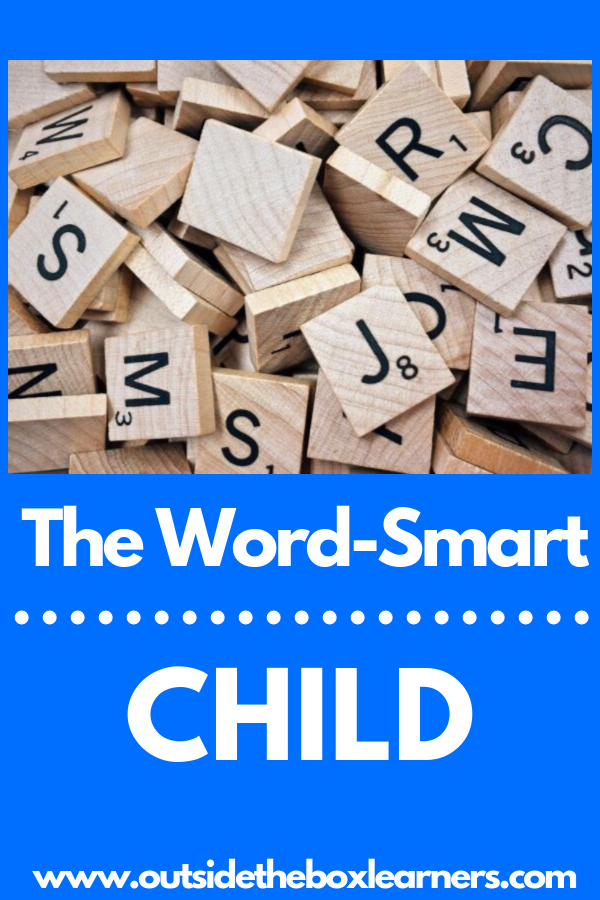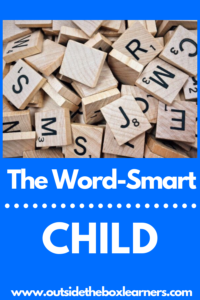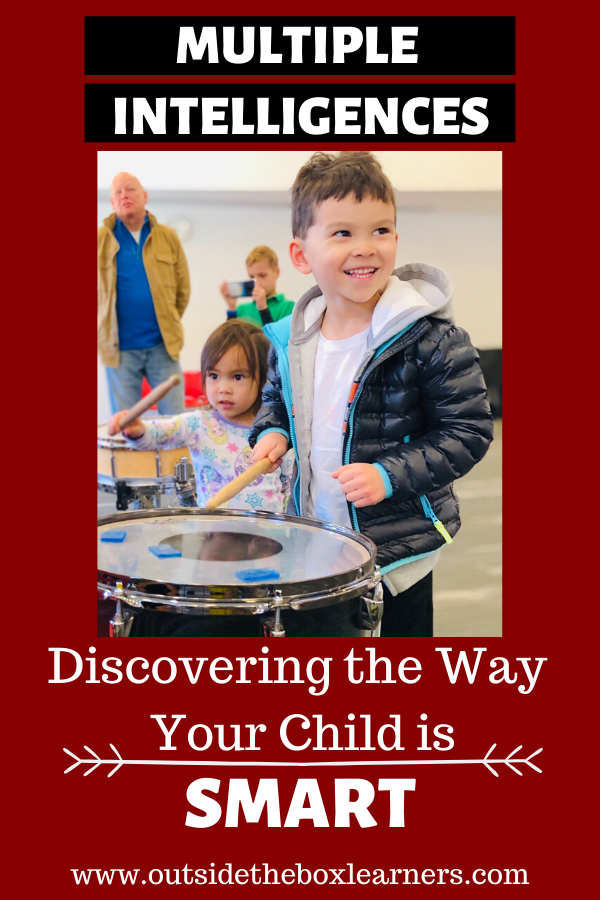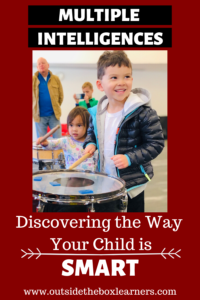What qualifies someone to be able to homeschool their children?
Can you successfully homeschool your children without a background in teaching?
I’m here to tell you – YES! You can homeschool, and do it WELL without a teaching degree.
Or any degree for that matter! *GASP*
This blog post contains affiliate links and any purchases made through such links will result in a small commission for me (at no extra cost to you).
You don’t need a teaching background to homeschool.
Recently I have found myself in different conversations with people who believe strongly that you should only be allowed to homeschool if you have a teaching degree. I love finding myself in these conversations (sarcasm). As someone who does not agree with that AT ALL, this gets tiresome. I have never agreed with that statement, but I’m more vocal about it than I was in my early years of homeschooling.
In those early years, I was pretty green and fragile and I would nod along and choose to not die on that hill. I just wanted to weasel myself out of those conversations as fast as possible. As an anti-conflict, people pleaser, it really was exhausting and painful. (Quick shout out to those in my life who have supported us in this journey the entire time – THANK YOU!)

When you “come out” as a homeschooler,
especially if you’re a first-generation homeschooler, you will likely be met with some criticism. Homeschooling is different, not the norm, and people have their preconceived ideas of what homeschooling is like.
“What about socialization?”
“What about high school?”
And something I heard (and STILL do) quite often, was “Well, YOU were a teacher, so you are qualified.”
No, no, NO.
Just as you do not need a culinary degree to cook simple OR complex meals, and you did not need a degree in early childhood to parent young children, you do not a teaching degree to homeschool your kids.
Though I’m thankful for my time in the classroom,
teaching in the classroom looks SO VERY DIFFERENT than homeschooling your own kids. Do you think we learn about everything possible about every subject and how to teach it to every type of learner in order to get our teaching degree? Umm, NO, that would take like, FOREVER.
Yes, I did learn a few things that have been helpful to me as a parent (one thing that comes to mind is Maslow’s hierarchy of needs and the importance having an absence of threat in one’s learning environment) but I have learned ABUNDANTLY more since having my own kids and learning about their individual needs. Like many things you learn “on the job”.
And truly, parents are the experts of their own children.
So what DO you need to be able to homeschool?
- LOVE for your children and wanting the best for them.
- A good dose of patience. For me, this requires a great deal of prayer.
- Commitment to their education.
- Willingness to research and learn what you can to help them when necessary. And this day in age it is SO easy to find extra help when we need to (think higher-level math…)
So, if you are a parent reading this and considering homeschooling for whatever reason, but lack confidence because you are not a trained teacher, please hear this loud and clear:
It is simply not true that you will be better at homeschooling your child if you have a teaching degree.
In fact, many former teachers, now homeschoolers find their time in the classroom inhibits their ability to homeschool well. We, former teachers, have to remind ourselves often that homeschooling ≠ school at home.
Final Recommendation
I will add this, it IS helpful to read some books on how kids learn. One I would recommend to all is the 8 Great Smarts, which is about the multiple intelligences. Whether you homeschool your children or not, it is very helpful to know your child’s strengths and this book is a great way to get you thinking about that.


